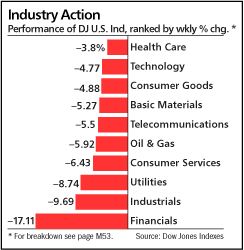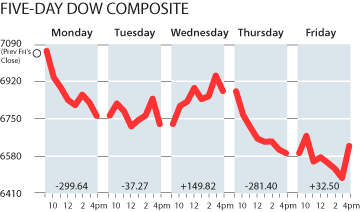The NGV
The clean burning properties of natural gas, its abundant supply and relatively low cost have made it a popular and environmentally sensitive fuel choice for drivers around the world for the past 70 years.
Natural Gas is a safer vehicle fuel than either gasoline or propane because it has a higher ignition point and is less likely to ignite accidentally. NGVs, or Natural Gas Vehicles, look like any other vehicle. The difference is, NGVs operate on natural gas as opposed to the fuel Americans typically pump into their vehicles’ tanks.
Natural Gas, Alternative Fuel
The EPA defines natural gas as an alternative fuel because it is very clean-burning. Yet when Americans - and the media - think of alternative fuels, it’s ethanol, biodiesel or even hydrogen they mention most often. The best, most economical and readily available alternative power for cars is natural gas.
The case for clean, abundant, affordable, American natural gas is very clear in the transportation sector’s NGV(natural gas vehicle). Compressed natural gas (CNG) costs less than gasoline, car emissions of 93-95% less pollutants and, thanks to natural gas lines that run to 60 million American homes, lets owners conveniently refuel at home overnight. It’s more efficient than gasoline and requires not a drop of help from OPEC (i.e., improves our national security).
There are two forms of natural gas available for vehicles:
CNG
NGVs typically use one of two varieties of natural gas: Compressed Natural Gas (CNG) or Liquefied Natural Gas (LNG). The preferred fueling method for light to medium NGVs is CNG, which fueling stations dispense at between five and ten gallons per minute.
LNG
Heavy-duty NGVs with higher weight and range requirements typically fuel up on LNG, which allows them to store more fuel on board with less tank weight. L/CNG stations can service both types of NGVs by converting LNG into CNG.
Subscribe to:
Post Comments (Atom)



No comments:
Post a Comment